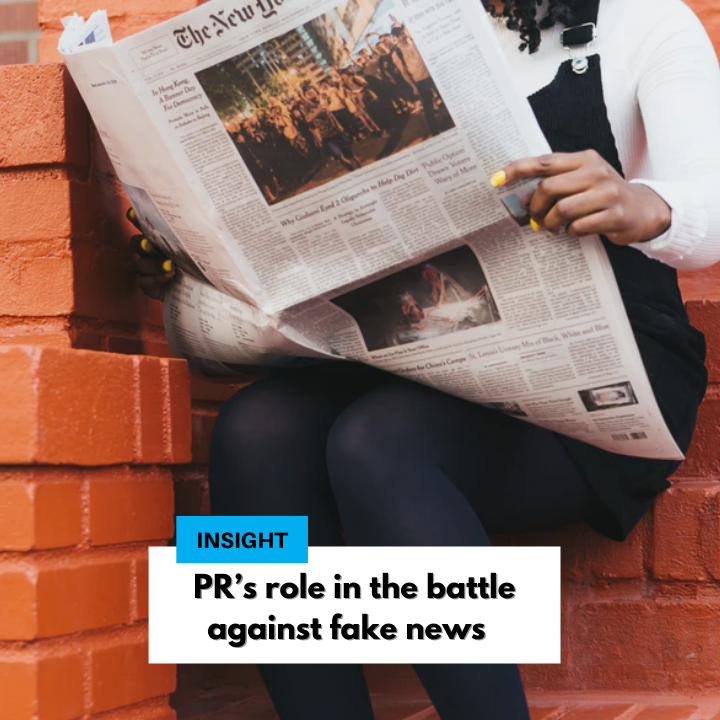In this time of fake news and propaganda the question of ethical communication has never been more important.
As the pandemic has developed, there has been a significant increase in the posting of fake news and false information, due to the algorithms underlying social media platforms. Researchers note that people naturally repost messages on the basis of their popularity, rather than their accuracy. Fact-checking has been unable to keep pace. Such false information is particularly dangerous because, as noted above, it tends to be retained for a long time, irrespective of the facts. Source: Schalit, N., 2020. The Conversation
Shockingly, researchers from Carnegie Mellon University say nearly half of all accounts tweeting about the coronavirus appear to be bot accounts. They combed through more than 200 million tweets since January discussing the virus and found that about 45% were sent by accounts that behave more like computerized robots than humans. Researchers identified more than 100 false narratives about COVID-19 that are proliferating on Twitter by accounts controlled by bots. Among the misinformation disseminated by bot accounts were tweets that conspiracy theories such as hospitals being filled with mannequins, or tweets connecting the spread of the virus to 5G wireless towers, a notion that is blatantly untrue.
Sadly, fake news spreads six times faster than true news. According to researchers, this is because fake news grabs our attention more than authentic information: fake news items usually have a higher emotional content and contain unexpected information which inevitably means that they will be shared and reposted more often. Source: Vosoughi, S., Roy, D., & Aral, S., 2018. Science
Chilling stats, right? Professional public relations can play a pivotal role when it comes to fake news. Our job is to counter the spreading of misinformation through specific responsibilities including communication management, relationship management, crisis management and risk management.
Ethical public relations professionals provide only the facts, encourage a transparent relationship with the public and are responsive to questions and issues as they arise. As a result, fake news is revealed for what it really is, and the public trust is built over time to organically combat and filter out this noise.
The likes of Facebook, Twitter, YouTube and Google do not automatically cut out fake news – and some argue that their algorithms actually encourage it to spread more quickly. Whilst companies like Facebook have launched campaigns to try and help people spot fake news, businesses need to take steps to ensure their brands are not appearing alongside false or otherwise harmful content.
How can you protect your brand against fake news?
- Use credible and authentic news sources and always perform a fact-check before publishing any story.
- You should keep your crisis communications plans up-to-date and include potential threats and proposed responses.
- Continuously manage your brand reputation. This includes monitoring mentions of your brand on all social and traditional channels. Regularly searching your brand name, setting up alerts for online mentions, and reporting malicious websites can help distance yourself from harmful content.
- Maintain an active presence on your social media channels so that your followers are more willing to come to your defence or point out when something is posted that isn’t in your usual tone.
- Be responsive when an issue arises.
- Build trusted relationships with journalists, influencers and the public.
By protecting your brand against fake news, you will be protecting your future earning potential. So, use the above tips to increase consumer trust and protect your brand before things spin out of control.
If you need any advice or support in safeguarding your brand against fake news, check out our free Revitalise & Grow session, which will arm you with actionable tips for protecting your business or if you’d like us to create your crisis plan, just click here.
As PR experts, we want to give you all the tools you need to find the best PR agency for your business needs. If you need PR support but aren’t sure where to start, download our PR Buyer’s Guide to identify what to look for and expect! We want you to make the right choice for your business’ success!





